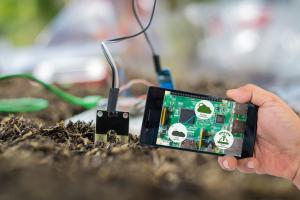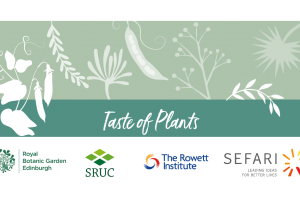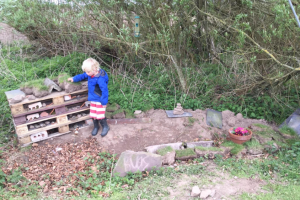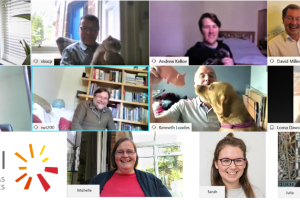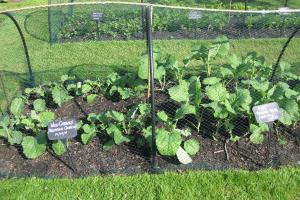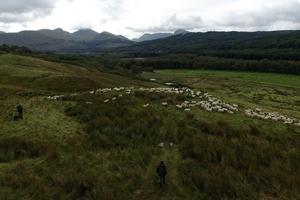Displaying 121 - 130 of 190
Across SEFARI we are using our capability and continuing to make our expertise available to assist with national and regional strategies dealing with the COVID-19 pandemic. Our collective efforts have included loaning equipment, staff volunteering and adapting our research to help with understanding the impacts of the crisis.
We are delighted that in this blog Dr Kit Macleod from the James Hutton Institute discusses how his fellowship is helping Scotland’s environmental monitoring community discuss and learn about new opportunities for environmental monitoring.
The COVID-19 pandemic emergency has caused major disruption to our physical and social environments, and there are likely to be knock-on effects on our food habits. This blog will discuss a mixed-methods study that is exploring how different aspects of our food habits could have been affected by the pandemic and its consequences.
Eating a nutritious and more environmentally sustainable diet is an increasing priority. Growing and consuming novel crops could form part of the solution.
As part of a series of educational materials being released by SEFARI, this blog offers an outdoor and active learning activity, whilst helping the environment too.
This activity, for children, is suitable for your own back garden and finds a good use for your garden waste by building shelters for your local wildlife from readily available natural materials.
The research discussed in this blog is part of a programme of work to assess the role of dietary components in a healthy diet for an ageing population, particularly effects on mental and intestinal health.
The role of the gut in influencing the brain is an evolving field and this team of clinicians and nutrition scientists conducted a small human study to examine the role of gut bacteria (by focusing on the microbial profile) in people with Alzheimer's disease who exhibit behaviours that challenge us.
In this blog, we thought we’d let you know the latest developments from SEFARI Gateway, as we continue to work together even though we are currently physically apart.
In light of both climate change and the COVID-19 pandemic, the question of food security is increasingly important. Changes in rainfall and temperature, caused by climate change, will affect crop harvests and this could impact upon the availability and price of food.
In these current challenging times, those of us lucky enough to have a garden, allotment or even a small amount of space in a window-box might be considering ‘growing our own’ food and wondering what we should plant. With a plethora of mail-order seeds available deciding what to grow can be challenging.
Here we consider the health benefits of eating edible wild plants, highlighted by ongoing SEFARI research.
In this blog, Chris Cousens and Craig Watkins (Moredun Research Institute) explain more about a series of webinars they are delivering with the National Sheep Association (NSA) and SRUC. The focus of these webinars is on “iceberg” diseases, those which often go unnoticed or unreported but have significant effects on sheep flocks.

